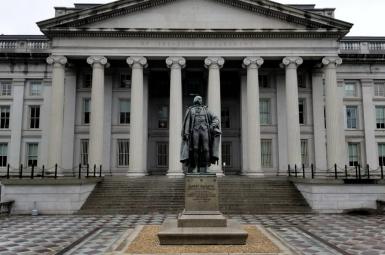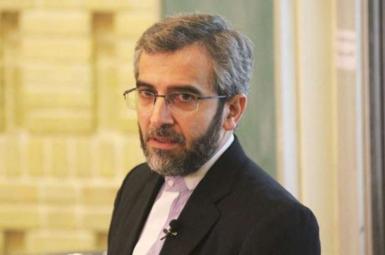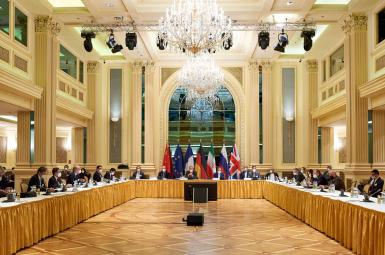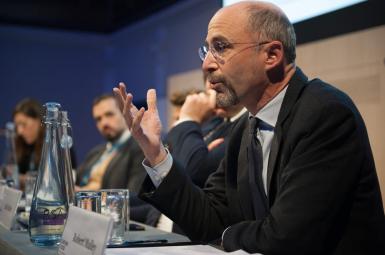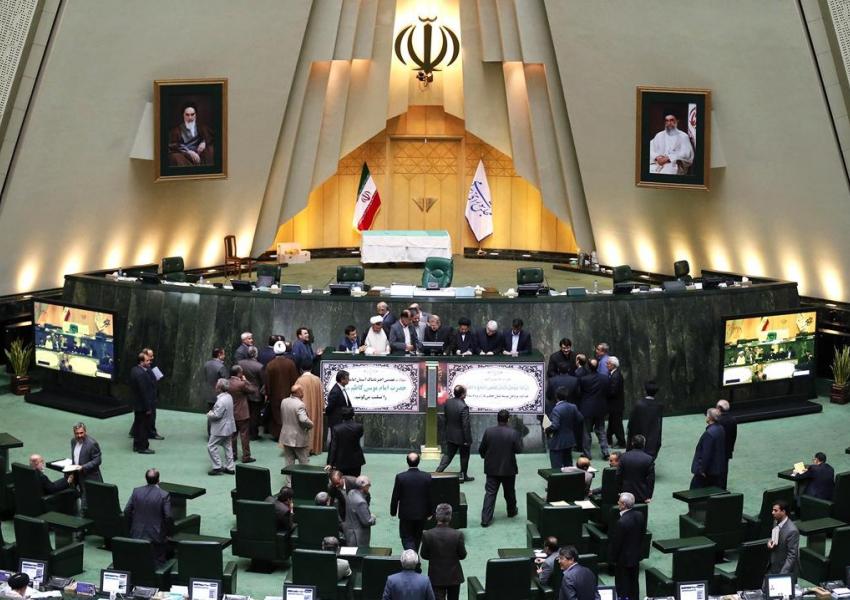
Iran Lawmakers Demand Toughening Stance In Vienna Nuclear Talks
More than 200 members of the Iranian parliament have issued a statement on talks underway in Vienna to revive Iran’s 2015 nuclear deal with world powers, saying they will reject any outcome that does not lift all international sanctions and end the resulting economic pressure on Iran.
ISNA news website quotes the lawmakers as writing: “If 100 percent of sanctions are not lifted it means no sanctions have been lifted and if [Iran] accepted some sanction to remain, this would be recognizing the legality of sanctions.”
The statement goes on: “Not only have America and Europe not exhibited the serious will to lift sanctions until now, but they pursue the imposition of an agreement on Iran that would expand nuclear restrictions and lead to negotiations over regional and defense issues.”
When in 2018 former president Donald Trump left the nuclear deal, the JCPOA (Joint Comprehensive Plan of Action), his administration made 12 demands for the US to end the ‘maximum pressure’ it was imposing on Iran. These included ending uranium enrichment, breaking links to regional allies, and scrapping its ballistic missile program.
President Joe Biden has said he wants to revive the JCPOA and then continue talks with Iran to reach agreements on regional defense and security. But Biden has continued ‘maximum pressure,’ while Iran expands its nuclear program, recently beginning enrichment to 60 percent after the April 11 attack on its Natanz site, widely attributed to Israel.
The lawmakers’ statement may reflect a fear that non-nuclear issues are somehow part of the Vienna talks. The US has said that even if it agrees to lift sanctions as required by the JCPOA, it could keep what its officials call “non-nuclear” sanctions – those related to ‘terrorism’ or other issues.
Even with the JCPOA in place, between 2015 and 2018, Iran alleged that the US blocked its access to the world economy as required by the deal. Trump’s withdrawal from the agreement, and the failure of Europe to offer effective assistance as Iran faced three years of recession, increased Tehran’s sense that Washington could be trusted. But Iran has other issues that deprive it of full trust by international businesses. One outstanding problem is its refusal so far to embrace financial reforms demanded by the Financial Action Task Force, FATF, demanding that Iran should legislate against money laundering and financing terrorism.
With a strong principlist majority elected in February 2020, parliament was further riled by November’s killing of scientist Mohsen Fakhrizadeh and then by the Natanz attack. The lawmakers’ statement said a law they passed in December – demanding expansion of the nuclear program and reduced access for international inspectors – had created some pressure on the talks in Vienna “aimed at lifting the sanctions.” The statement demanded stronger government action, including rejecting any requests from the International Atomic Energy Agency to extend the current arrangement, expiring May 21, allowing inspections beyond the minimum required under the Nuclear Non-Proliferation Treaty.
